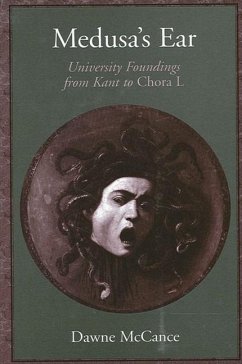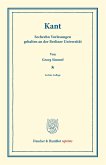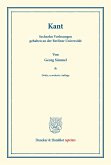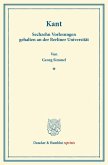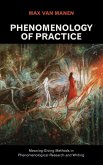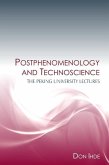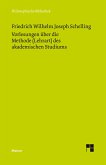In traditional mythology and iconography, Medusa's killing powers are attributed to visual means: the monster is slain for her looks and her effect is to kill men for looking at her. Challenging the familiar account of the modern era as ocularcentric, this book reads the Medusa-effect on the philosophy of the modern research university as rooted in an audiocentric fantasy. Author Dawne McCance links phonocentrism to an aural imaginary by tracking the trope--and terror--of the deaf ear and mute mouth in the discourse on the university that was inaugurated by Kant and that extends through Hegel and Heidegger to the present. She shows how, repeatedly, in founding texts on the modern research university, the philosopher's fearful recoil from an animal-female figure that he defines as deaf and dumb has the effect--the Medusa-effect--of cutting off his own, and therefore the institution's, ear and tongue. McCance also considers some recent efforts to shake the modern institution out of its Medusa-effect petrification.
Hinweis: Dieser Artikel kann nur an eine deutsche Lieferadresse ausgeliefert werden.
Hinweis: Dieser Artikel kann nur an eine deutsche Lieferadresse ausgeliefert werden.

